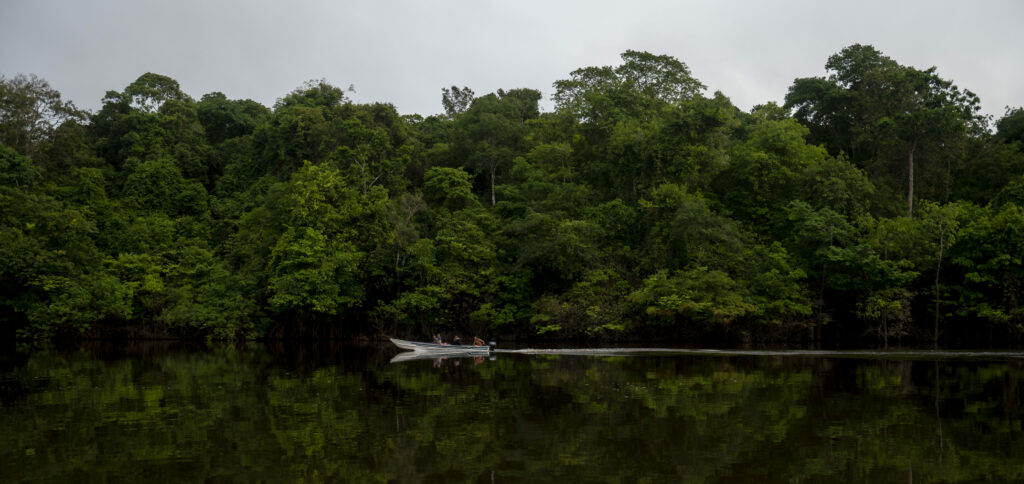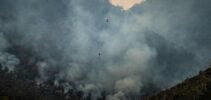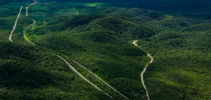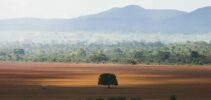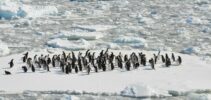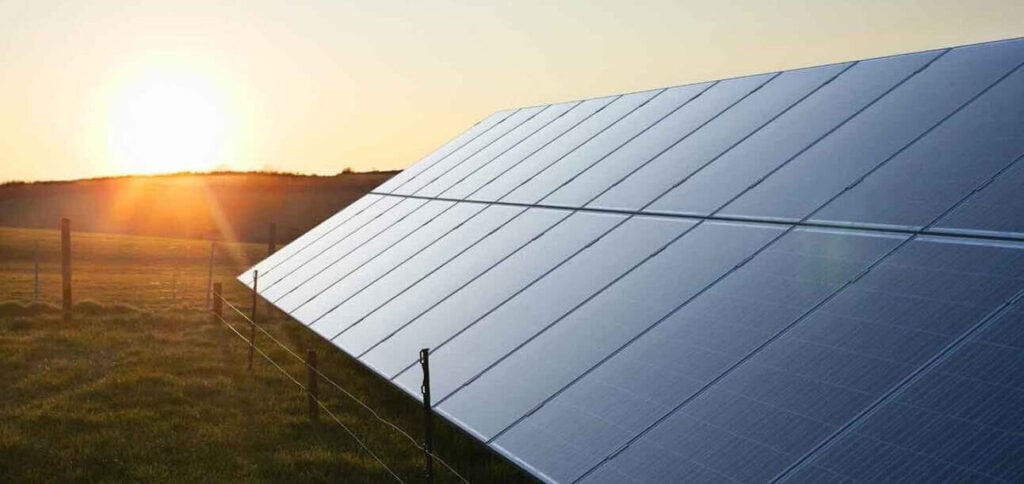➡️ Member States of the European Union (EU) and the European Parliament announced this week an unprecedented mechanism to obtain 'green' industrial imports in Europe, with a tax on carbon emissions linked to their production.
ADVERTISING
Called “carbon tax at borders“ – although not exactly a tax – the mechanism, unprecedented on this scale, will consist of applying the same environmental criteria as the EU, where industries buy their “rights to pollute”.
➡️ Although emissions from forest fires tend to decrease on a global scale, some regions recorded record data in 2022, such as Latin America. From the beginning of the year until December 10, around 1.455 megatonnes of carbon emissions were produced as a result of these forest and vegetation fires around the world.
➡️ Forest restoration of the Atlantic Forest gained prominence at the UN Conference on Biodiversity (COP15), which takes place in Canada. It was included among the 10 reference initiatives for ecosystem restoration and, from now on, can receive promotion, advice and financing supported by the United Nations (UN).
ADVERTISING
➡️ An international satellite mission led by NASA has been launched with the aim of carrying out a comprehensive survey of the world's oceans, lakes and rivers for the first time.. Dubbed Swot, the advanced radar satellite is designed to provide scientists with an unprecedented view of the vital liquid that covers 70% of the planet, revealing new data about the mechanics and consequences of climate change.
➡️ The estimated annual rate of deforestation in the Cerrado in 2022 was 10.689 km², according to official data from PRODES Cerrado, a monitoring program by the National Institute for Space Research (Inpe). The number refers to the period between August 2021 and July 2022.
➡️ Fires devastated 775 thousand hectares of Brazilian territory in November, 89% more than in the same month last year, according to a report by a consortium of NGOs. About 81% of the burned land is in the Amazon, reported MapBiomas, which uses satellite images to track the destruction of the Amazon rainforest and other regions of Brazil.
ADVERTISING
➡️ Ministers from around the world began trying to bring together positions to close an agreement that will save nature in the next decade, after intense and difficult negotiations at the UN Conference on Biodiversity (COP15), in Montreal, Canada.
➡️ With two weeks left until the end of the mandate, the government of Jair Bolsonaro (PL) authorized the carrying out of “forest management” within indigenous lands. In practice, it involves allowing timber exploration within demarcated areas.
➡️ The Earth could lose more than a tenth of its plant and animal species by the end of the century. This is what new research published in the journal Science Advances. The climate crisis will lead to an accelerated cascade of extinctions in the coming decades, as predators lose their prey, parasites lose their hosts, and rising temperatures make life on the planet impossible.
ADVERTISING
Follow our Survive to stay informed about everything you need to know about the environment, sustainability and other topics linked to our survival and that of the planet. Have a great weekend! ????
See also:
